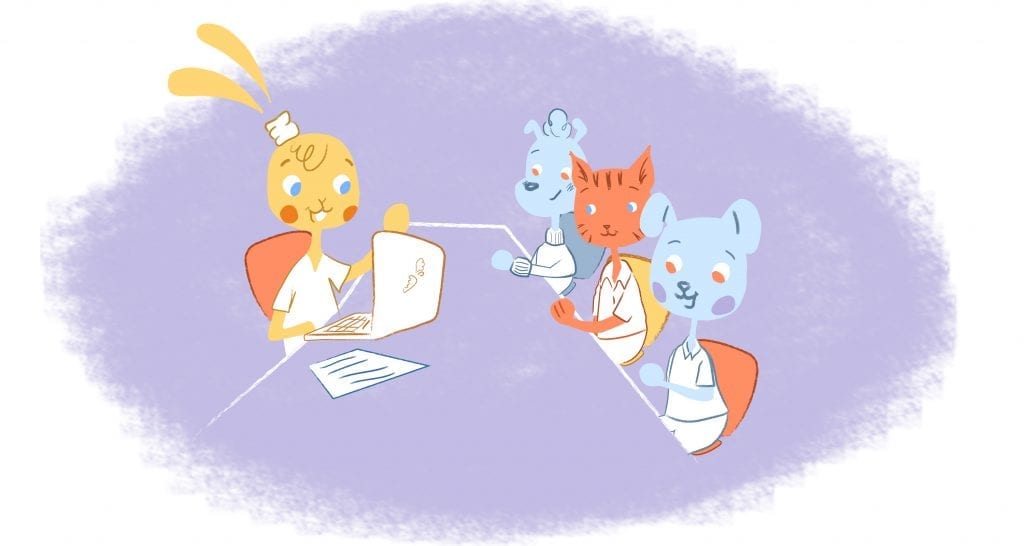

Conference rooms are necessary spaces for large groups to meet and discuss business issues. Most are equipped with a large table, chairs, and adequate lighting at the very least.
But the employees using it should respect the rules for optimal meetings, even if they are not posted.
Here are 8 ways to improve meeting room etiquette at your workplace:
1. Book Early
It isn’t respectful of other people in your business to use a conference room without booking it. Even if you’re in need of it on short notice you run the risk of occupying the room too long.
Imagine if your team came for a scheduled meeting to find an unscheduled one in progress. You would probably feel offended by their disrespect and rudeness.
If you don’t want other groups to do this to you, don’t do it to them either. Instead, go through the proper procedure to reserve the space before assuming it’s alright to use it.
You should always book the room as soon as possible so there’s no question of its availability. Requesting the space earlier reduces the likelihood of someone else booking the space first. That’s why one of the first rules for conference room etiquette is to book the room early.
2. Schedule Appropriately
Another of the rules for meeting room etiquette is to schedule appropriately. Scheduling an entire conference room when only two or three people are meeting seems a bit wasteful.
Use your company’s resources wisely by meeting in an alternate location instead, such as someone’s office. That allows other, larger groups to use the conference room if they need to.
3. Cooperate With Others
Occasionally you might have to move or reschedule a meeting if another team needs it urgently. Be understanding of this and cooperate with them if you can.
4. Cancel As Soon As Possible
When you find out a previously scheduled meeting is not going to happen, cancel the meeting room immediately. It’s irksome to others to have needed the space, been unable to book it, and find out later it was available after all.
Such situations can hinder business and productivity in your company. Taking a moment to follow through and cancel will be appreciated by others even if they don’t say so.
5. Close the Door
There are times meetings held in the conference room might be of a sensitive nature. When confidential information is discussed, one of the rules for conference room etiquette is to close the door.
But this also serves another purpose. It prevents others from interrupting meetings they shouldn’t.
6. Shut Your Phone Off
While you’re in a meeting room with others, another major rule for etiquette is to shut cell phones off. At times, even having a phone in sight can be distracting to speakers or other attendees.
Pocket your phone if you can, put it in a bag, or simply leave it at your desk.
7. Exit the Room Quickly After Meetings Have Concluded
Sometimes employees will stand around and chit chat after a meeting has ended. It’s ok to do that, just do it outside the meeting room.
By continuing to stay in the conference room you may be using someone else’s meeting time. Take your discussion elsewhere or schedule a follow-up meeting if it is needed.
8. Keep it Clean
Visualize walking into a meeting room with paper plates, napkins, and half-empty cups sitting around. It’s very discouraging, not to mention rude, for others to leave their trash behind. It also cuts into your meeting time to clean up before you can even start.
Practice good manners by keeping conference rooms and meeting rooms clean. Pick up after yourself and take care of forgotten items co-workers may miss too. Wipe up crumbs and messes before you leave.
Taking care of company resources and equipment is a responsibility for all employees. Therefore, use these rules for meeting room etiquette to respect your coworkers and your employer.











Kayla Sloan
Kayla is a financial productivity expert that wants to help everyone pursue a life of freedom. My goal in life is to help people feel less chained to their jobs. You deserve to find the best. Lets get their together!